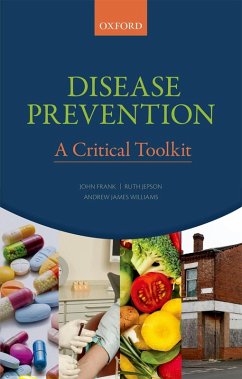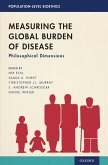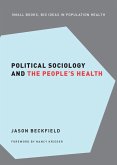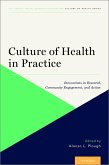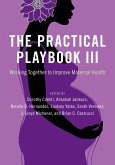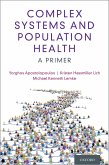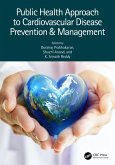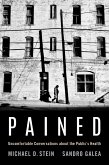Preventive medical interventions and non-medicalised public health programmes that promise health benefits in the future, from actions taken now, carry a strong ethical requirement of 'first, do no harm' or primum non nocere. New preventive advice and interventions are being promoted on a daily basis, Disease Prevention: A Critical Toolkit provides a set of appraisal tools to guide those considering a preventive action to make sure that it is effective (does more good than harm), efficient (is a competitive use of scarce resources), and equitable in its impact across society. Case studies and worked examples illustrate the risks and benefits of specific preventive interventions. Divided into 10 chapters this practical and concise book focuses on multiple aspects of prevention including the hierarchy of preventive options; the assessment of causation; finding and appraising scientific evidence; prevention directed at entire populations (as opposed to individuals); measuring chronic disease risk factors and medically managing them: statin treatment of high cholesterol; PSA screening for prostate cancer; genetic screening for future disease risk; and assessing the health equity implications of prevention. Aimed at front-line public health and primary care professionals, Disease Prevention: A Critical Toolkit will equip them with the up-to-date skills necessary to help them better inform and serve their patients and communities.
Dieser Download kann aus rechtlichen Gründen nur mit Rechnungsadresse in A, B, BG, CY, CZ, D, DK, EW, E, FIN, F, GR, HR, H, IRL, I, LT, L, LR, M, NL, PL, P, R, S, SLO, SK ausgeliefert werden.

